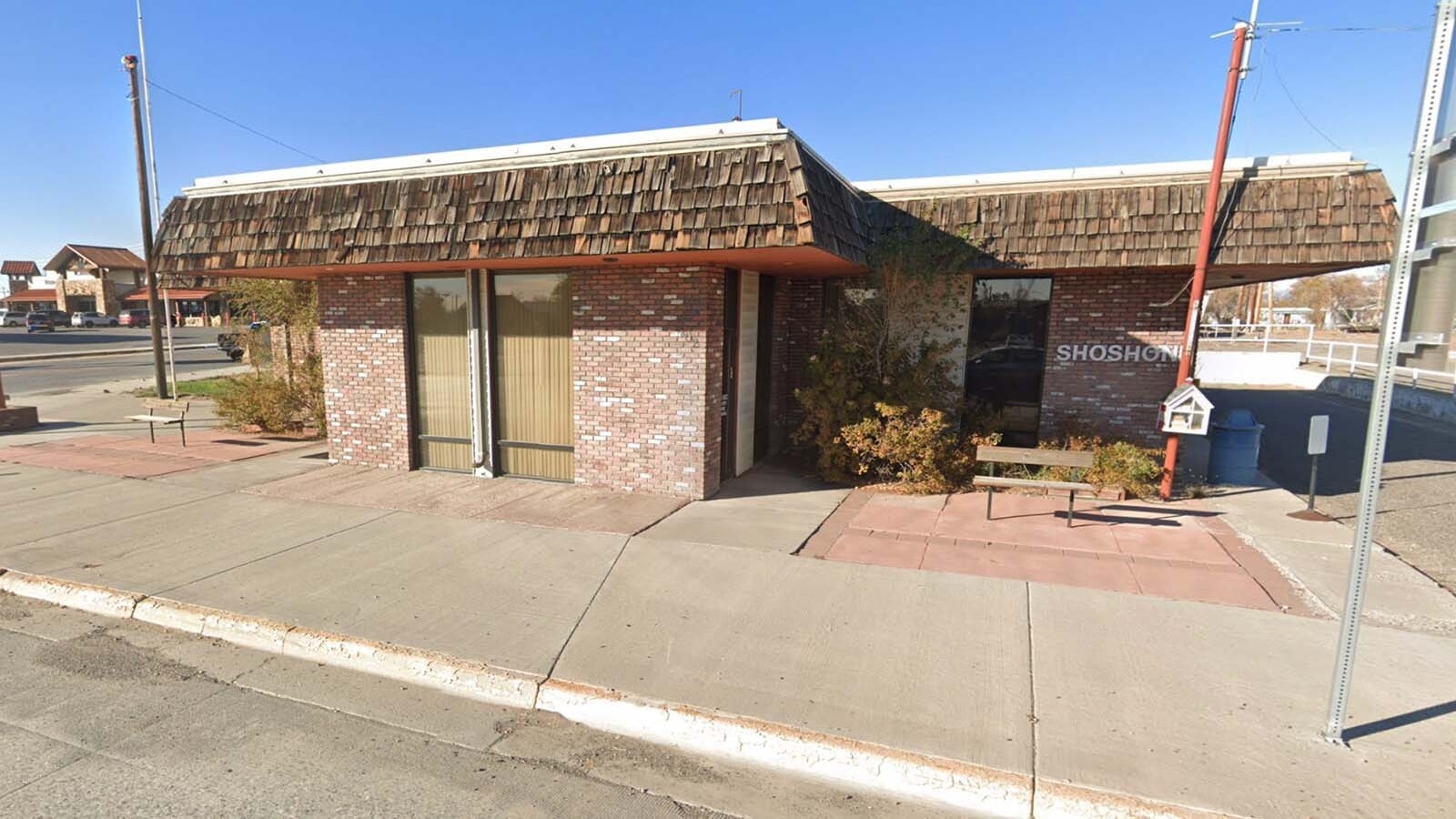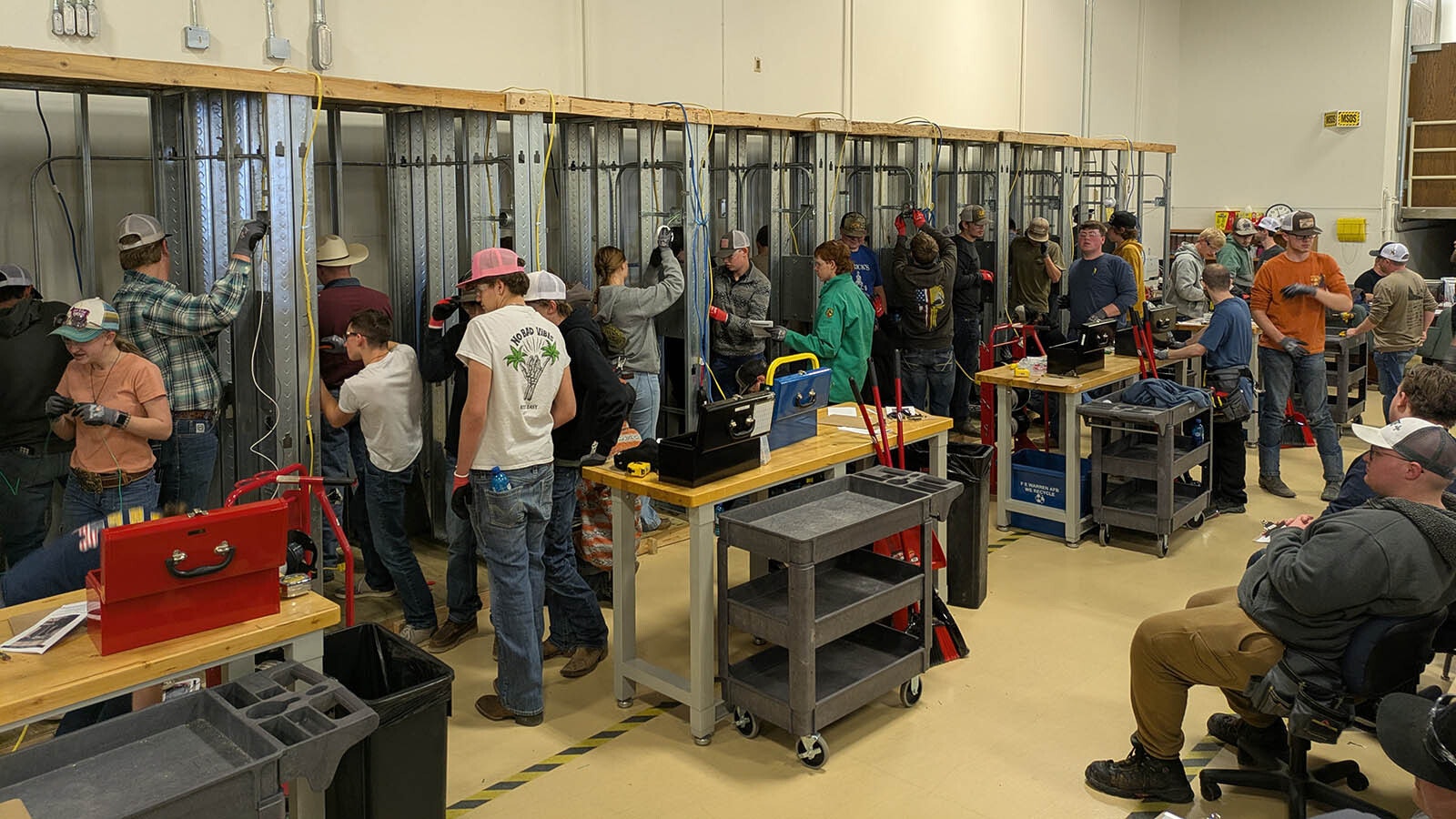Snoqualmie is a small community about 30 miles east of Seattle that has six grocery store markets, two of which are operated by Safeway and one by Kroger-owned QFC.
A merger between Kroger and Albertsons gives Kroger half of that market, exceeding thresholds widely used in competition analysis to measure market concentrations, according to a recently refiled lawsuit by shoppers that seeks to block the $24.6 billion merger of the U.S. grocery giants.
The example is just one of several in the recently revived shopper lawsuit filed in California. The examples are intended to walk the court through the standing for each of two dozen shoppers who say the merger will reduce competition in the markets where they shop and is likely to lead to higher prices down the line.
This is an unusual approach, where shoppers seek to become enforcers when it comes to antitrust law — something Kroger and Albertsons attorneys have pointed out — and the suit has already been rejected once for failing to show proper legal standing.
In writing his order rejecting the lawsuit, however, the judge left the door open and said he was giving plaintiffs one more chance to remedy the suit’s defects out of an “abundance of caution.”
“The proposed merger — at least as described by the plaintiffs — does raise concerns about competition among grocery stores,” Judge Vince Chhabria wrote in his order. “It’s not out of the question that the plaintiffs could ultimately offer more detailed allegations that support antitrust claims, as well as standing to assert them.”
The group refiled its lawsuit Wednesday in the Northern District of California, for what is likely to be their last bite at the apple.
The merger would impact markets and communities across the U.S. including Wyoming, where the merger has been sharply criticized. Albertsons and Kroger employ more than 700 people in the Cowboy State.
Attorneys General Also Consider Lawsuits
But it may not be the last bite at the apple for groups opposed to the merger.
Not so very far away from California in Arizona, Attorney General Kris Mayes has already made it clear her office is seriously thinking about challenging the Albert-Krogerson deal.
She’s not the only state with attorneys general making similar comments. Washington announced Thursday it plans to sue, while AGs in California, Nevada and Colorado also have held listening sessions about the deal and have indicated they are considering whether to file their own lawsuits opposing it.
Mayes was highly critical of the Albert-Krogerson deal during the most recent town hall meeting in Arizona, held in October with FTC Chair Lina Khan in attendance.
“I have seen no evidence that this will be a good thing for the workers of Arizona. None, zero,” she said, according to Arizona Central. “What kind of a state do we want to be? Do we want to be a state that stands up for workers and for families and for communities or not?”
Khan also attended a similar hearing in Colorado, where a Cheyenne grocery store worker talked about how the continued consolidation in the grocery store sector has eliminated choice in the marketplace for consumers and harmed workers.
“Consumers want options,” Tyler Welsh told Khan during the Colorado hearing. “The free-market system was designed to have options. During the 1980s, my community of Cheyenne at the time had a population of about 50,000 folks. We had many grocery options. Including Walmart, we had 11 grocery stores operated by seven different corporate entities.
Today, there’s just six grocery stores operated by three corporate entities, while the population of Wyoming’s state capital, Cheyenne, has grown to around 65,000.
Sale To C&S Won’t Cut It
Kroger and Albertsons have said no stores will close as a result of the deal, and that food prices will be lower after they merge because they will have much larger buying power — the kind of buying power that has allowed entities like Amazon and Walmart to dictate prices below normal wholesale costs to their suppliers.
But Welsh is among those who question that narrative, as does UFCW Local 7 President Kim Cordova, who represents 750 Wyoming grocery store workers.
She points to the 2015 merger of Safeway and Albertsons, where Albertsons sold 168 locations to Haggen Foods and Pharmacy to ensure competition.
In less than a year’s time, Haggen was bankrupt, and Albertsons simply repurchased the stores it had spun off to the failed venture.
Workers lost jobs and retirements as a result, Cordova has told Cowboy State Daily, and food deserts expanded. In fact, USDA maps show food deserts in Wyoming expanded in 2019 versus 2015.
Cordova has also pointed out that overlap between Kroger and Albertsons is particularly prominent in Western states like Wyoming.
To combat such criticism, Kroger has announced it will sell at least 413 stores, and up to 650 stores if the FTC deems it necessary, to C&S Wholesale Grocers to ensure markets in every state remain competitive.
Kroger CEO Rodney McMullen has said the deal ensures that the Albert-Krogerson merger will meet all the promises that have been made about the merger, describing them as a “well capitalized buyer” that will “operate as a fierce competitor and ensure divested stores and their associates will continue serving their communities in the ways they do today.”
C&S has also agreed to honor all collective bargaining agreements.
UFCW Local 7 spokesmen have told Cowboy State Daily they remain doubtful that a sale to C&S will do much to combat the increasing consolidation that’s been seen in the grocery store sector in Western states.
All Eyes On FTC Decision
Exactly which stores would be sold has not been made public. Kroger spokesmen have told Cowboy State Daily that will not be announced until after the merger is approved.
That makes it difficult for citizens at large — such as those involved in the California suit — to adequately assess the competition in their own markets.
Also, the present presidential administration has expressed skepticism about whether divestitures such as those contemplated with the C&S sale really do much to lessen the effects of consolidation in a sector.
Kroger’s argument that it needs buying power like Walmart and Amazon so that it can dictate prices may play into a viewpoint that these mega deals are not just harming consumer choice, but are consolidations within consolidations, creating things like a labor force monopoly, reducing the competition for wages, and forcing suppliers themselves to consolidate so they can fight back against outsized buying power.
Kroger has yet to gain the blessing it needs from the Federal Trade Commission to proceed with its $24.6 billion purchase of Albertsons, even as other state attorneys general, including California, Arizona and Colorado, signal they are mulling legal action to halt the deal.
It’s been more than year now that the FTC has been reviewing the Albert-Krogerson deal, which combines 2,719 Kroger locations with 2,272 Albertsons locations. Less 650 divested stores, that would give Kroger 4,341 stores across the nation, all under one umbrella.
Khan has so far played her cards close to the vest when it comes to the Albert-Krogerson deal, taking care during the Colorado forum to stress that her agency must be able to prove that a deal is anticompetitive.
She is expected to make a decision sometime this month, however, based on information mentioned in the California shopper suit. Kroger told the judge in the case that the grocer and the FTC were discussing an extension of time to “continue discussion with respect to both the merits and divestiture.”
Kroger has also preemptively said that it’s committed to litigation to fight for this merger, if federal regulators or state attorneys general reject it. All of which tends to suggest the fight over the merger will continue well into 2024.
Renée Jean can be reached at renee@cowboystatedaily.com.





